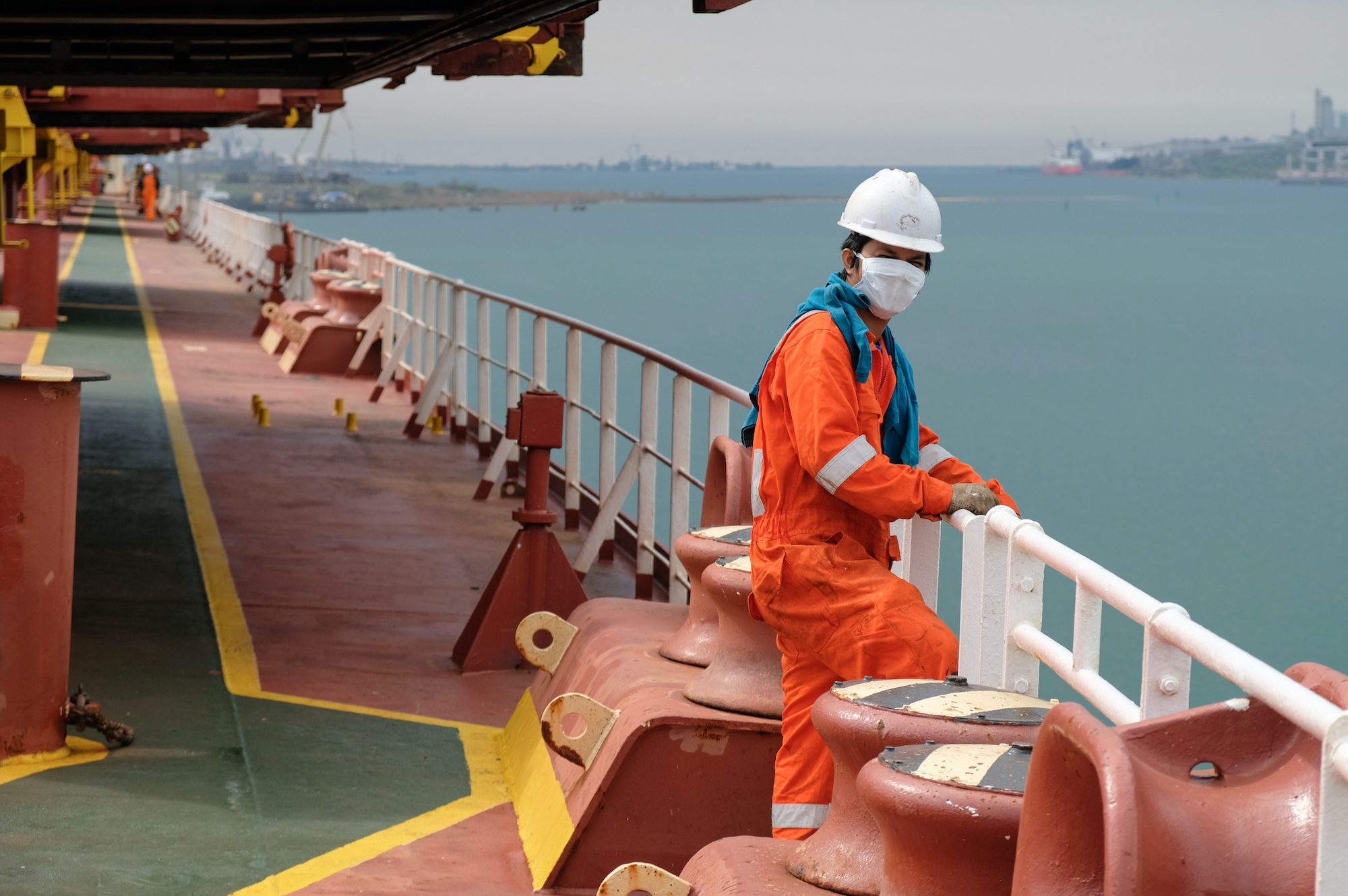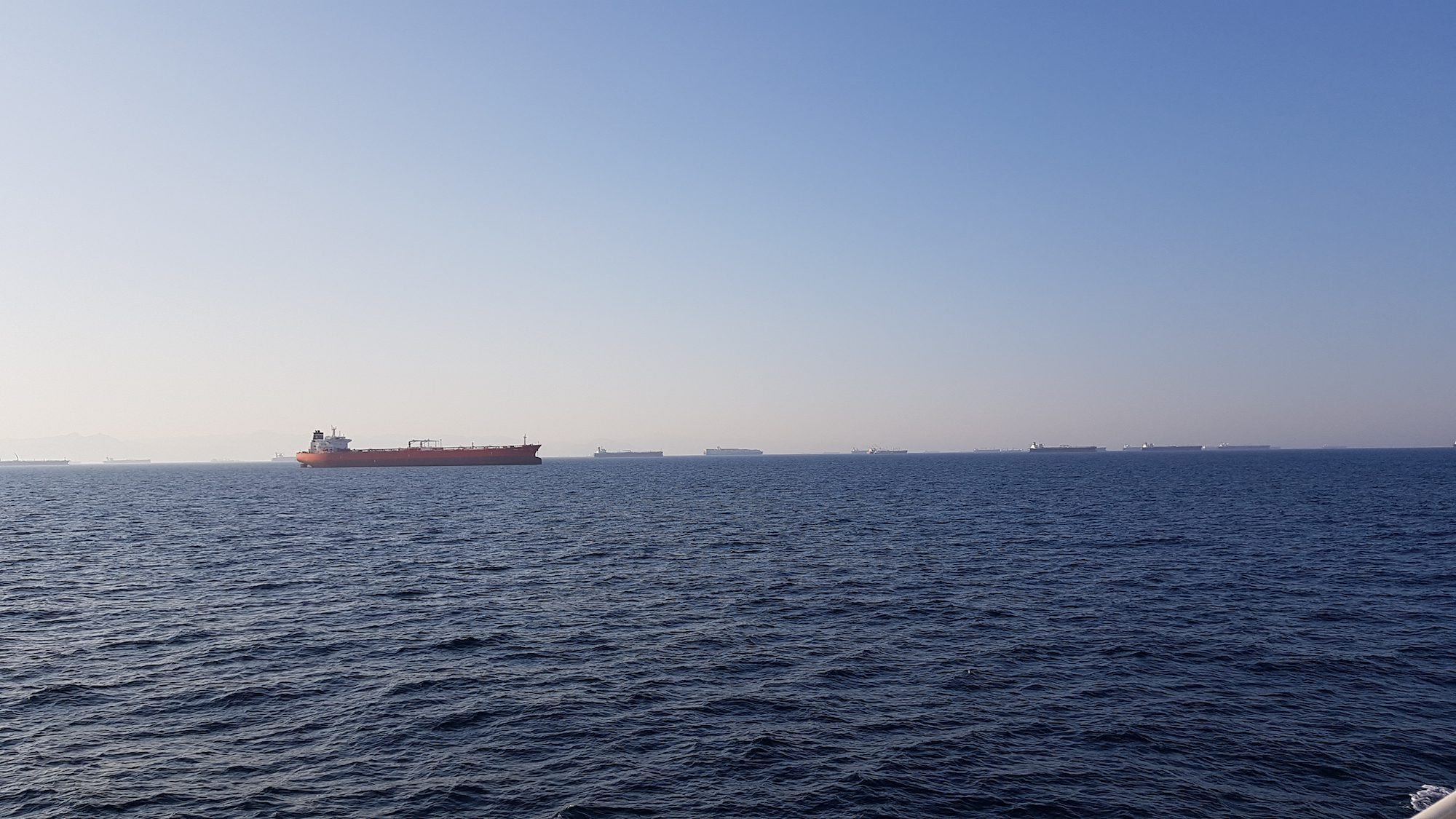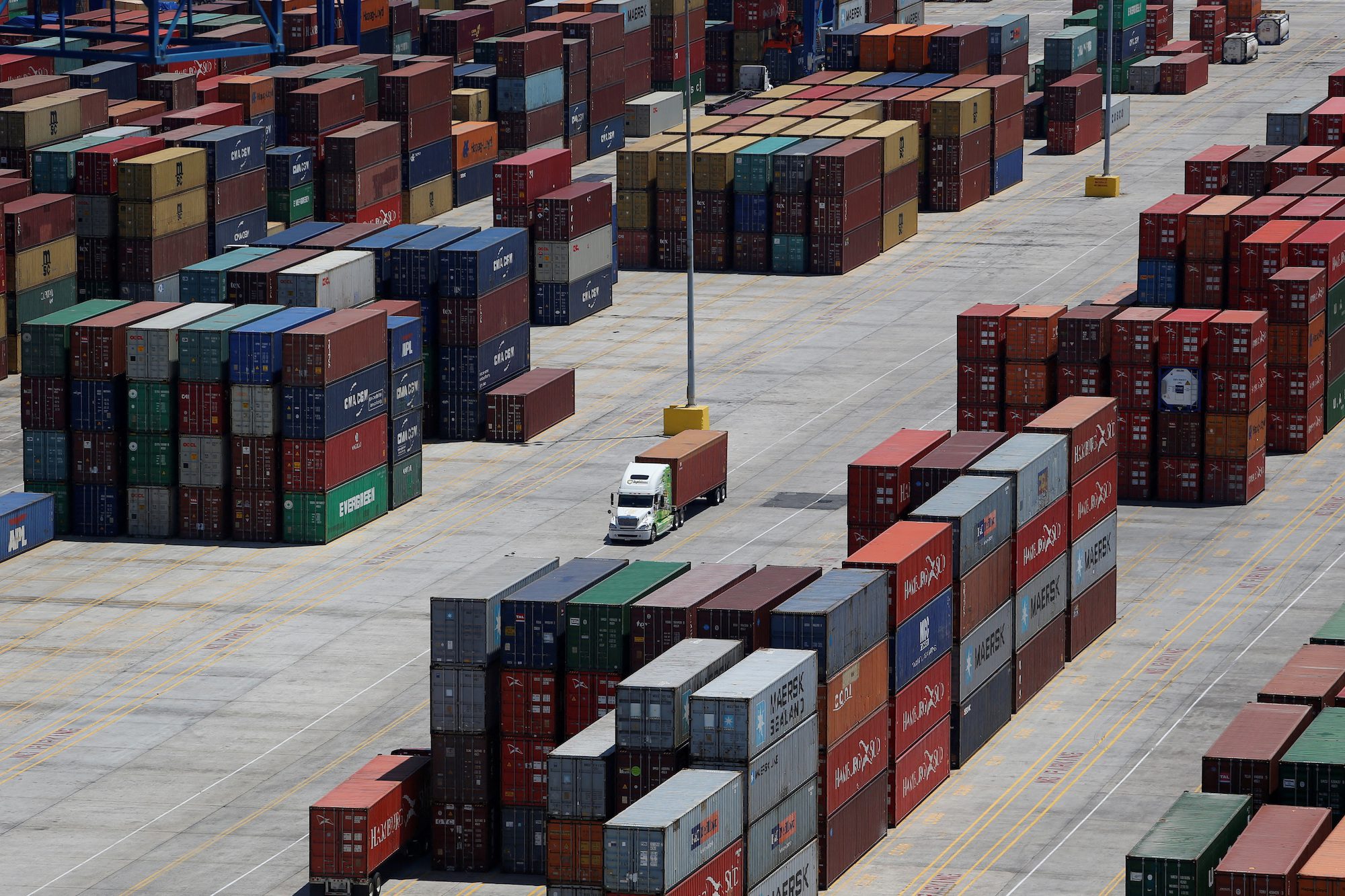In a major victory for thousands of seafarers who regularly traverse UK waters, the UK government has passed the Seafarers’ Wages Act, significantly enhancing pay protections and working conditions for those employed in the maritime sector.
The new law comes in the aftermath of P&O Ferries’ controversial dismissal of 800 UK-based ferry crew members last year, replacing them with foreign labor.
The law received Royal Assent on March 23, 2023, and is now in effect.
The legislation aims to safeguard seafarers working on vessels operating on international trades by ensuring they receive no less than the National Minimum Wage. This move is part of the UK government’s ongoing efforts to eliminate unfair practices and legal loopholes that have allowed companies to exploit workers with low wages.
The Seafarers’ Wages Act is a key component of the government’s 9-point plan for seafarers, which seeks to revamp and enhance working conditions in response to P&O Ferries’ abrupt firing of nearly 800 staff members in 2022—an incident has been widely condemned by politicians and unions. P&O Ferries is owned by Dubai-based DP World.
Under the new law, vessel operators must provide evidence that they are paying their seafarers wages equivalent to the National Minimum Wage—which next month will increase to £10.42 per hour, depending on age. Authorities now have the power to charge non-compliant operators and deny harbor access to those who persistently fail to meet these requirements.
The National Minimum Wage compares with the International Labour Organization’s (ILO) global minimum wage for seafarers of USD $658 per month, as of January 1, 2023. This wage, which was agreed to last year, will increase to $666 in 2024, and $673 in 2025. The previous minimum range of $641 had been in place since 2018. The minimum basic wage standards are governed by the ILO’s Maritime Labour Convention, 2006 (MLC 2006), known as the “seafarers’ bill of rights.”
Transport Secretary Mark Harper praised the new law, stating, “Our maritime sector is world-leading. That’s down to the thousands of hardworking seafarers working tirelessly to maintain supply chains and transport passengers safely across our waters. These workers deserve a fair wage and I’m therefore delighted to see our Seafarers’ Wages Act become law, helping improve pay and protect seafarers from exploitation.”
The UK government is also cooperating with its near European neighbours to ensure the welfare and fair pay of seafarers, exploring the establishment of minimum wage equivalent corridors within their respective territorial waters. During a recent UK-France summit in Paris, both nations pledged to continue working together to improve conditions for those working in the Channel and protect them from exploitation.
The government is also cracking down on rogue employers who employ controversial “fire and rehire” tactics, consulting on plans to establish a Statutory Code of Practice.
These latest actions signal the UK government’s commitment to prioritizing the rights and well-being of seafarers, both domestically and internationally.

 Join The Club
Join The Club











